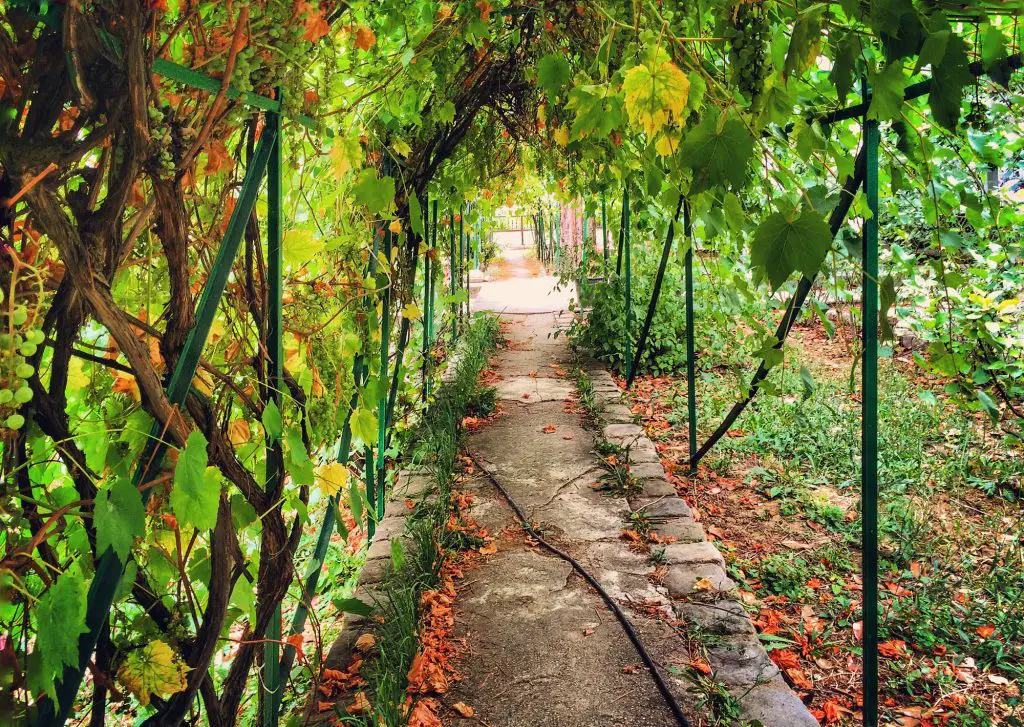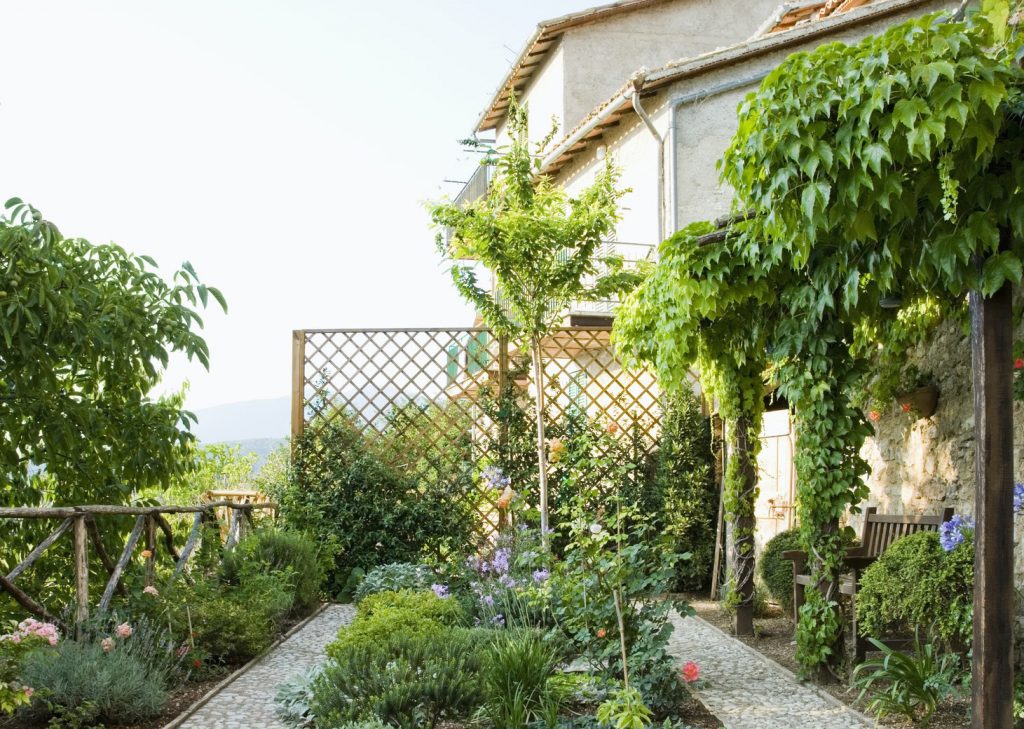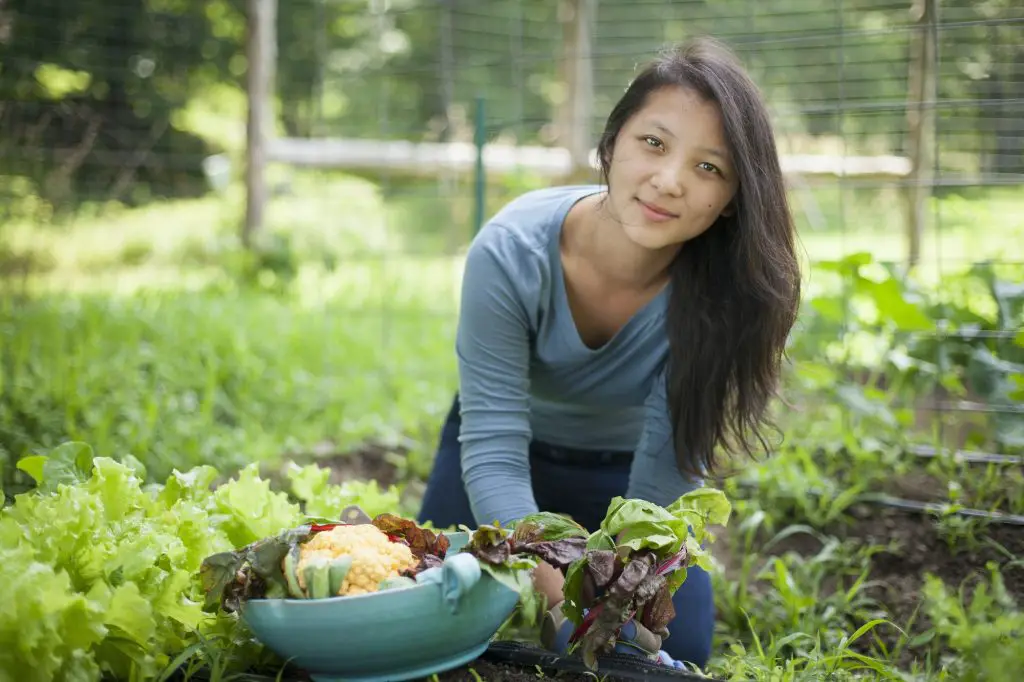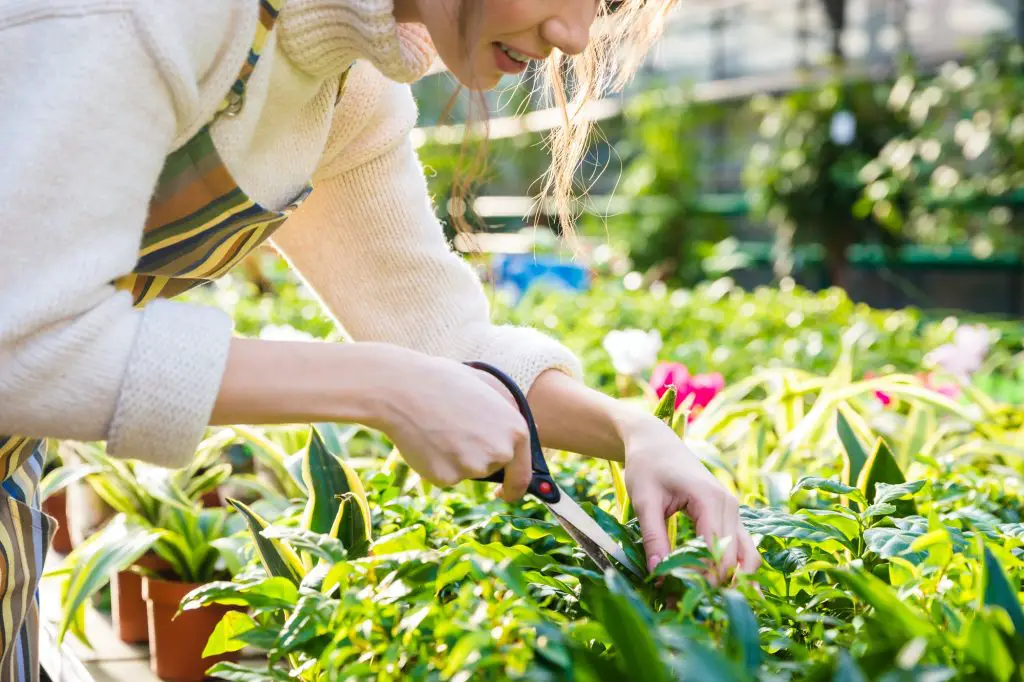How does urban gardening help the environment? Urban gardening is simply the act of growing, producing, marketing, and distributing agricultural products;i.e. plants and animals, in the city or a populated place with infrastructures.
It also includes indoor farming, rooftop, backyard garden, and community agriculture, etc. Since the inception of urban gardening/farming, the main focus has been on how urban farming is beneficial to feeding.
However, there are other areas in which Urban gardening helps people; Economically, medical, environmental, etc. Each of these benefits has been found to solve some of the global problems that we have in these times.
Table of Contents
6 Benefits of Urban Gardening
Here are some little known benefits of practicing urban garden.
1. Appropriate use of vacant spaces
Unused spaces in the environment are harmful to the communities and economies of these communities at large. Spaces that are left unused for a long time are usually used as dumping sites, as a result of these, the environment is polluted and it also causes damages to the soil.
If such land is used for gardening, the soil is repaired, there will be no pollution, food is provided for the community, etc.
2. Urban Heat Island Effect
According to the EPA “Urban heat islands” occur when cities replace the natural land cover with dense concentrations of pavement, buildings, and other surfaces that absorb and retain heat. This effect increases energy costs (e.g., for air conditioning), air pollution levels, and heat-related illness and mortality.” In African countries for example, in most cities, homes, or places of work, generators are used to produce light when there is no power.
This produces air and noise pollution, heat-related diseases, and death. As the weather changes, the heat becomes severe. Trees, gardens, green roofs, and vegetation can reduce this urban heat island effect. The heat reduces as more trees and gardens are planted, the environment also becomes safer to live in.
3. Aesthetics

Flowers, trees, and other forms of gardening are known for the beauty they add to the environment, colours are relaxing and are also good to improve health, colourful flowers make the environment beautiful. Helps the body relax. Some of these flowers also have amazing fragrances that also assist in relaxing the body.
4. Reduction in Carbon Emissions
Food produced in rural areas are usually transported to the city/urban settlement for consumption, transportation produces carbon emissions. Urban gardening brings food closer to the final consumer, that way the emission got from transportation is removed. While transportation is a known source of carbon emissions, it only produces a small percentage as compared to food emissions.
Food wastage contributes to the production of carbon emission, either by the consumer or supply chain. Food wastage can be prevented by properly packing food, refrigerating, eating more plants(this will reduce the emission from animal products) doing all you can to prevent your food from going to waste, this includes sharing your food with those who need it.
Urban gardening helps reduce the supply chain process and provides you with more plants/vegetables to eat.
5. Natural consumption
Urban gardening helps you to grow your fruit, vegetables the natural way without the use of chemicals. Most of the “vegetables” are laced with pesticides. An example of this is strawberry. Strawberries are at the top of the list of fruits/vegetables with pesticide remnants. Gardening without chemicals reduces the pollution in the environment, keeps the beneficial insects like bees alive and your fruits, herbs, and vegetables taste natural.
6. Pollination
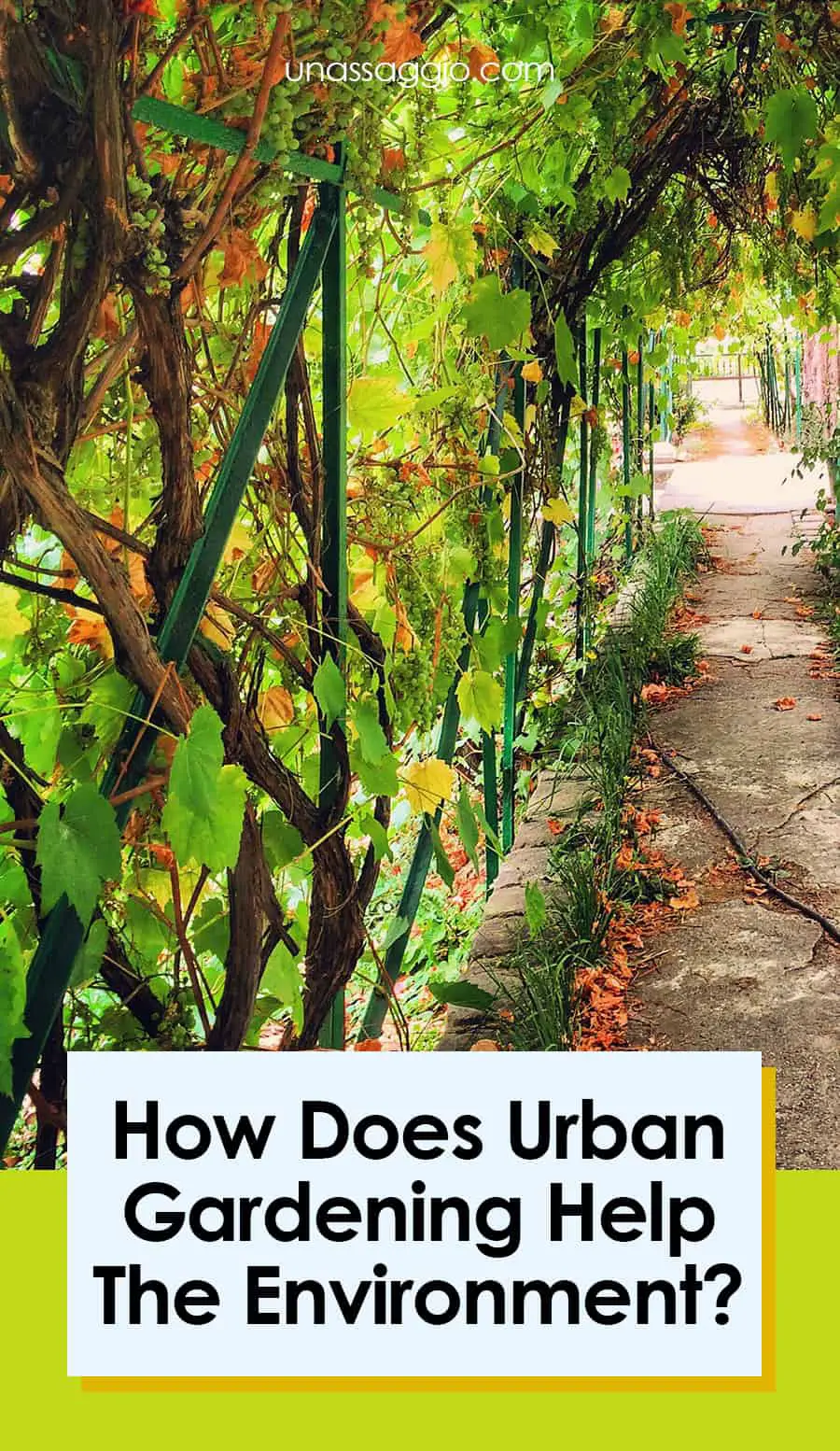
The flowers, herbs, and fruits in your garden naturally attract beneficial insects; bees, flies, wasps, butterflies, etc. These insects are very important to the growth and movement of the pollen. They transfer pollen and seeds that are sucked from the Nectar of your flowering plant to other plants, this provides a way for the reproduction of such plant seed. Without these pollinators, many flowers and plants will die.
Wrapping It Up
The environmental benefits of urban gardening are not fully known and they cannot be overemphasized, with the increase in the population of the world, a lot of rural settlements are growing to be urban, with the population, housing buildings and other infrastructure, urban gardening is required to live a healthy life, it improves the air quality, saves water and saves the land.
There is no planet B, Urban gardening is one of the ways to save this planet.

